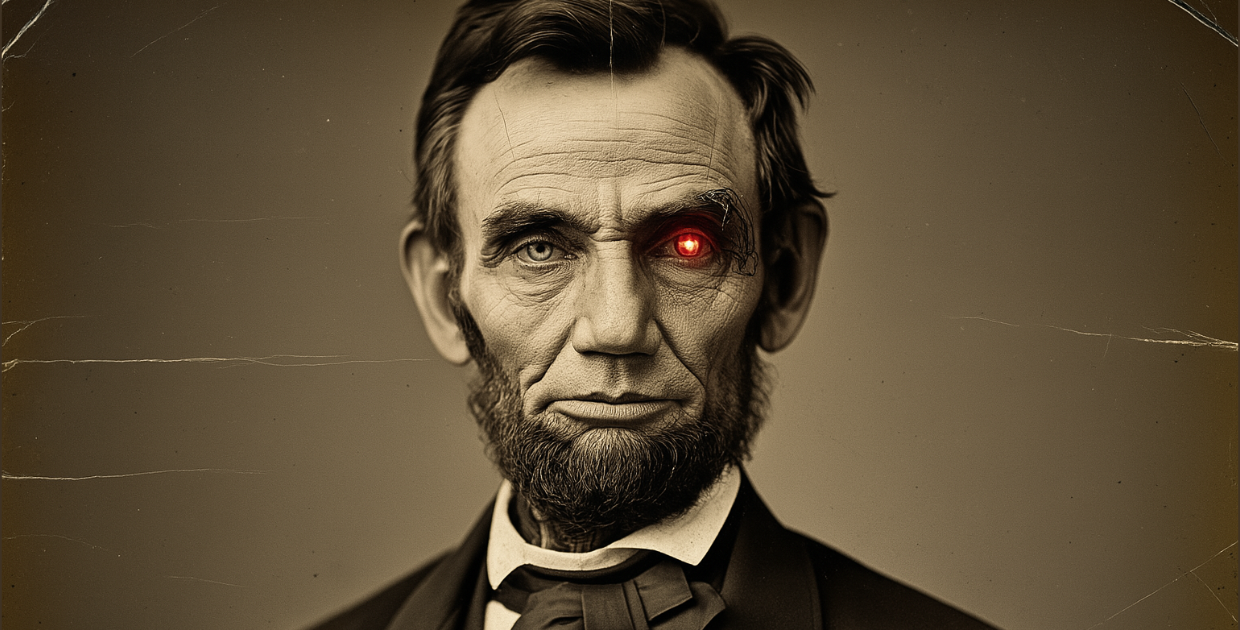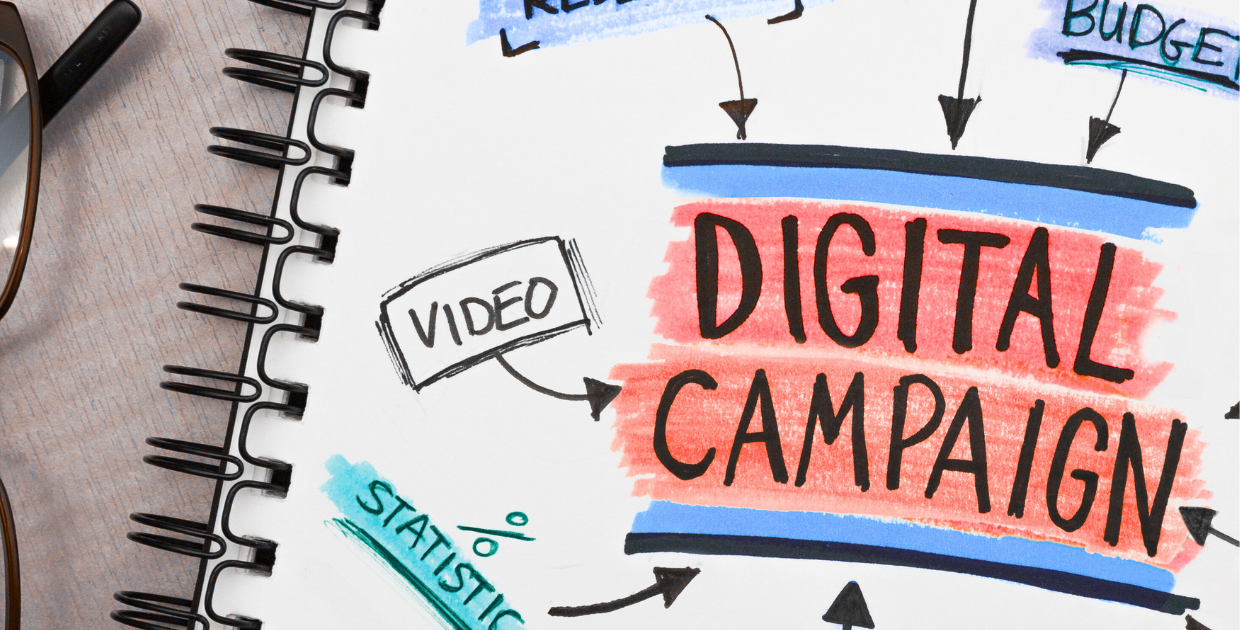Our guest today is Casey Phillips, principal at the Hereford Agency. He’s written and produced more than a thousand political television and radio ads across all 50 states. He’s worked at the NRCC and RLSC and serves as a general consultant on campaigns. He’s also written and produced a feature documentary called “Win, Lose, or Draw Straws” about the way different ties are resolved in elections. We talk about what goes into an effective TV ad, what it takes to cut through the noise in today’s crowded media landscape, and what happens in the final weeks of a campaign.
Key Takeaways:
1. Campaigns Should Act Like Startups
Casey Phillips encourages campaigns to adopt startup principles: move fast, test constantly, and keep teams lean and focused.
2. Speed Beats Perfection in the Field
Phillips says you’ll never have perfect information. The key is to make smart decisions quickly and keep iterating based on feedback.
3. Culture Determines Team Performance
He emphasizes that campaign culture—how teams treat one another, communicate, and share credit—drives productivity and retention.
4. Clear Goals Improve Decision-Making
Every member of a campaign team should know what winning looks like. Without clarity, resources and energy get wasted.
5. Training and Onboarding are Underrated
Phillips believes that structured training for staff and volunteers is a major differentiator. Well-trained teams execute better under pressure.
Watch on Youtube:
https://www.youtube.com/channel/UCdzsHPQ_uNfN8r5PILc3NhQ





